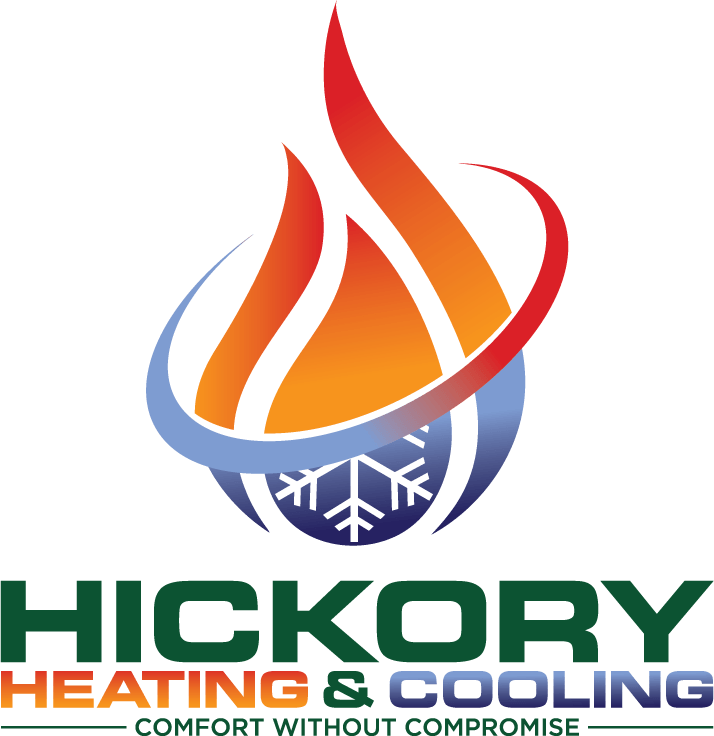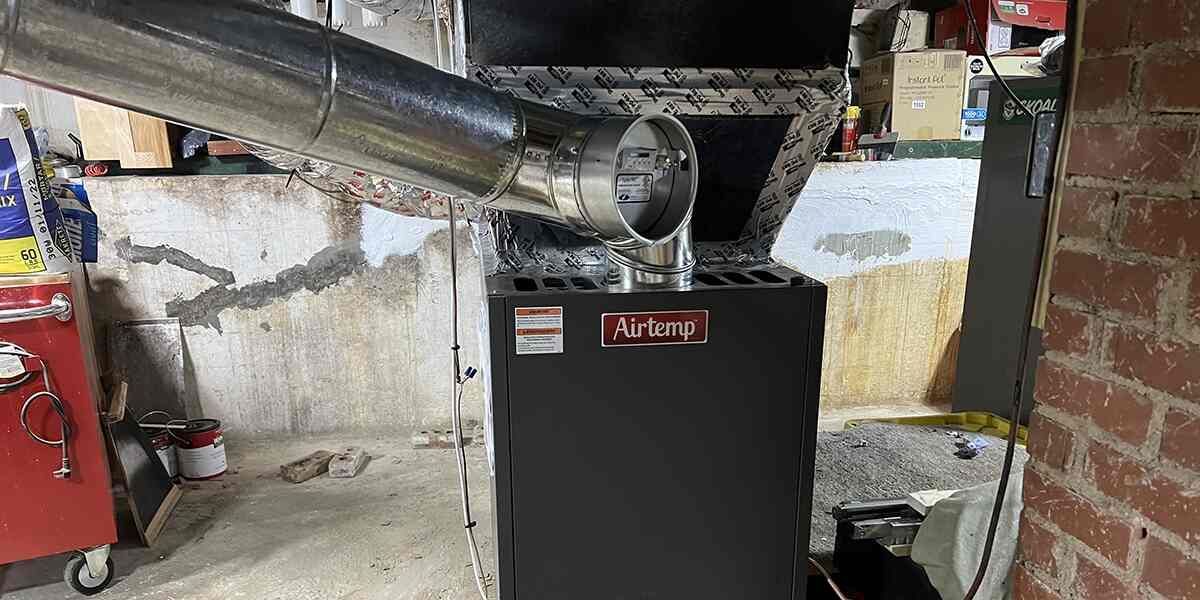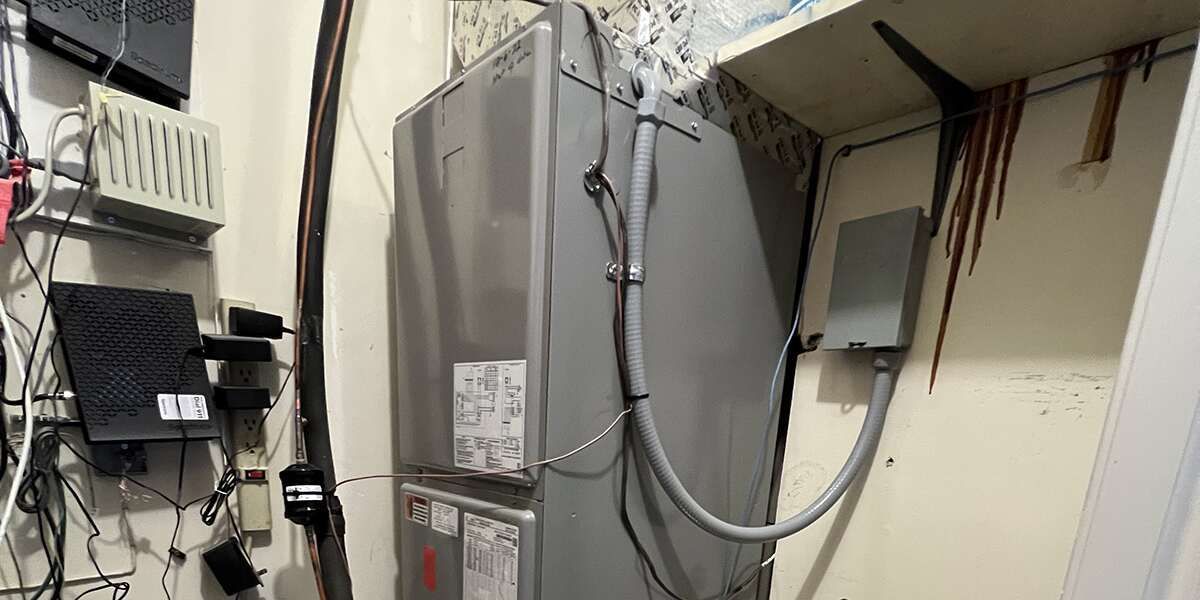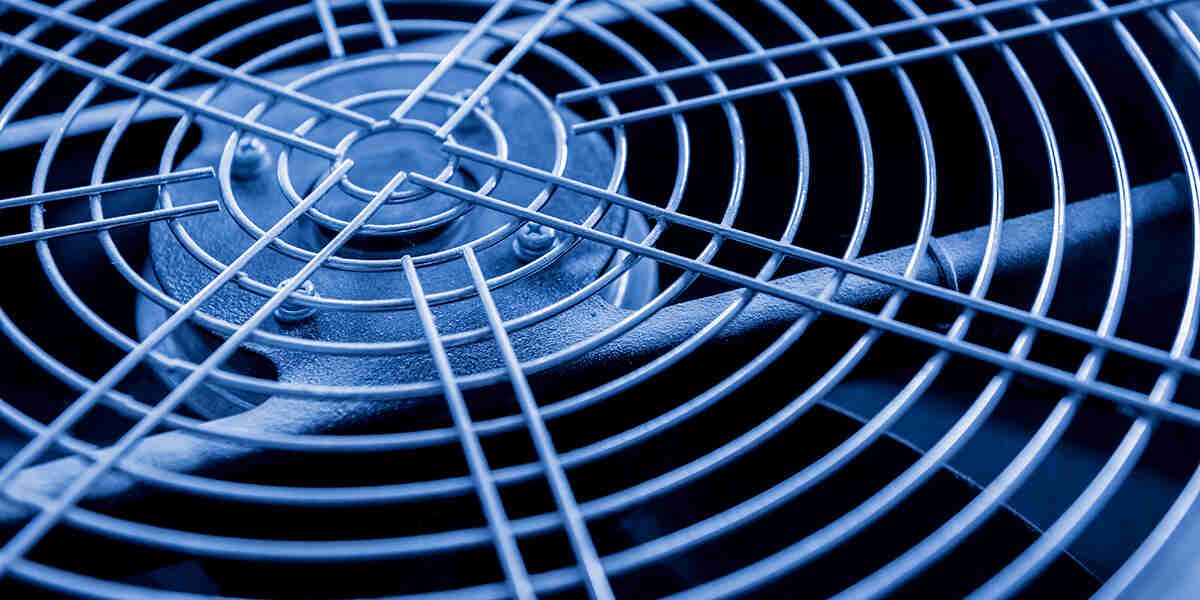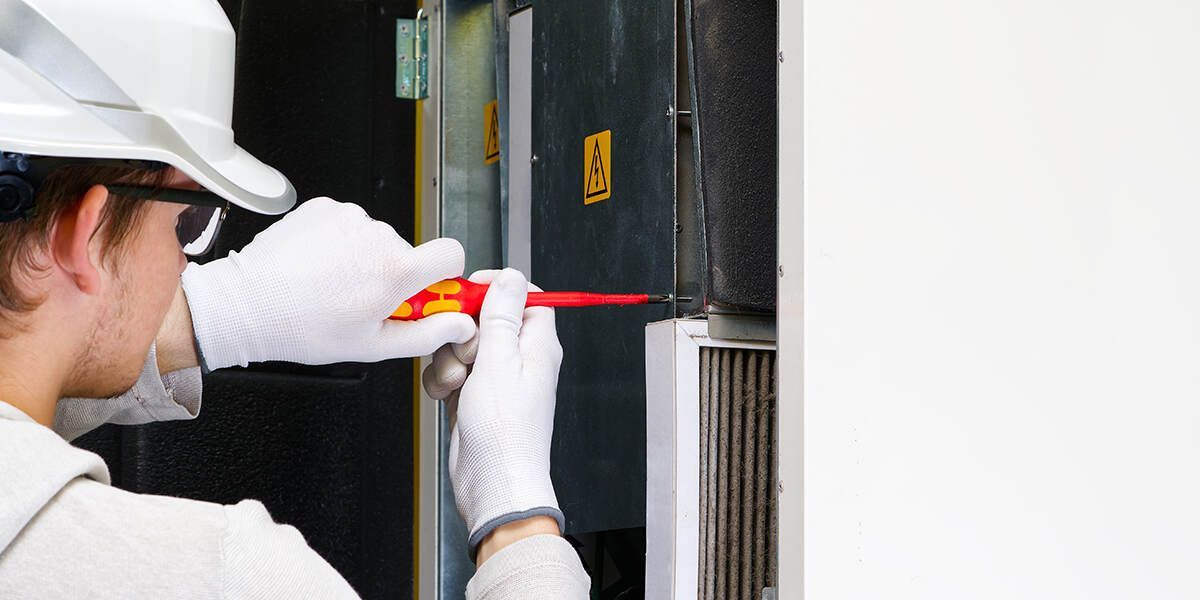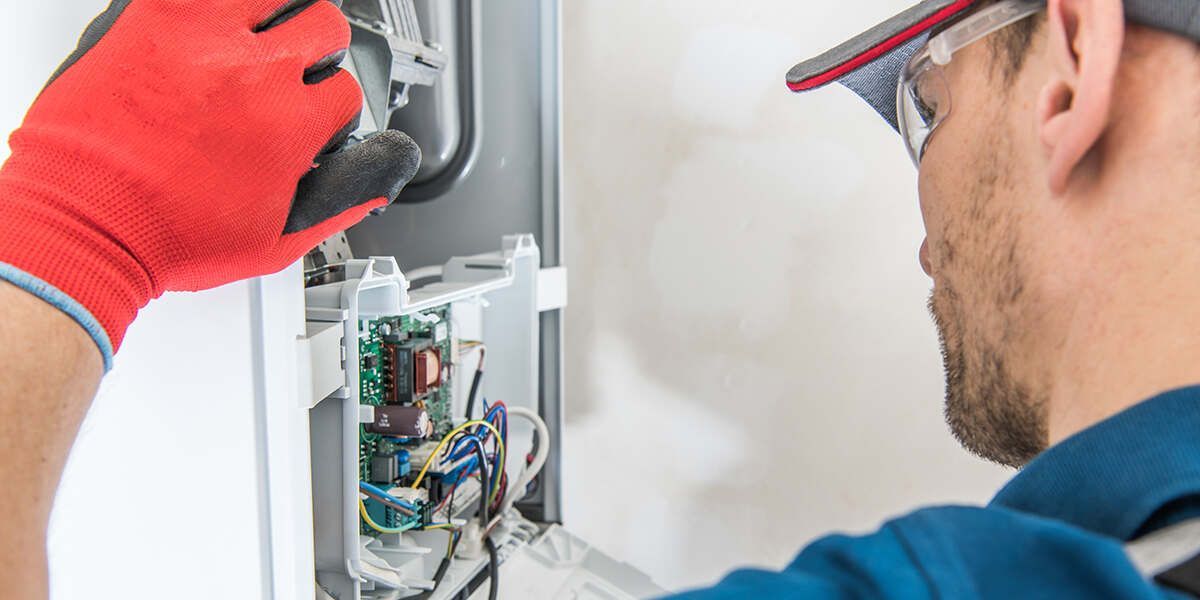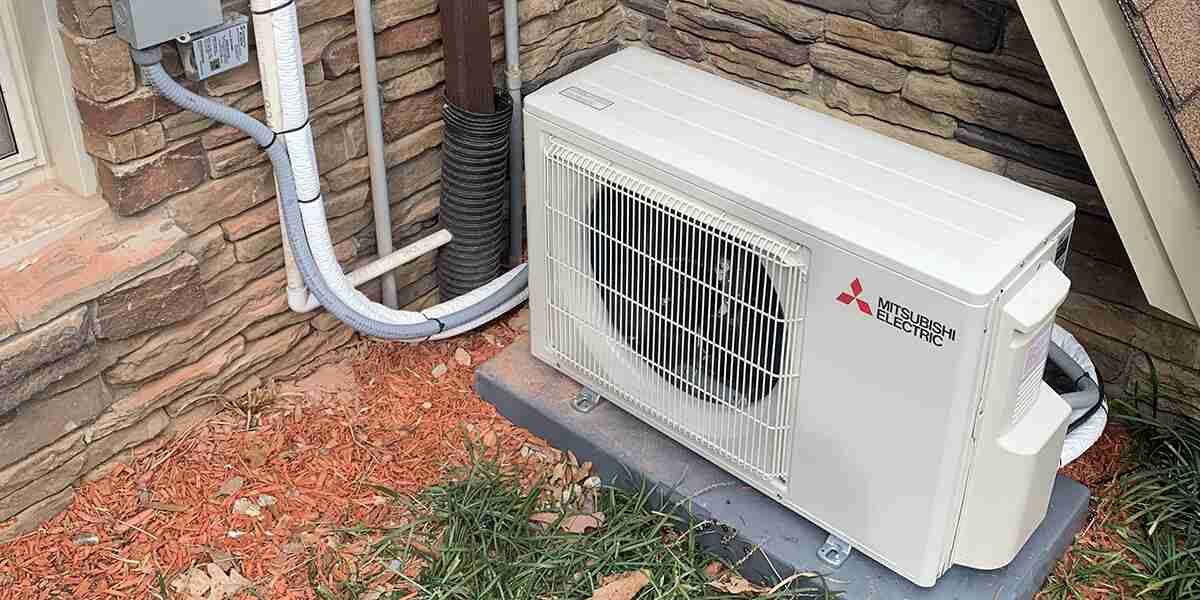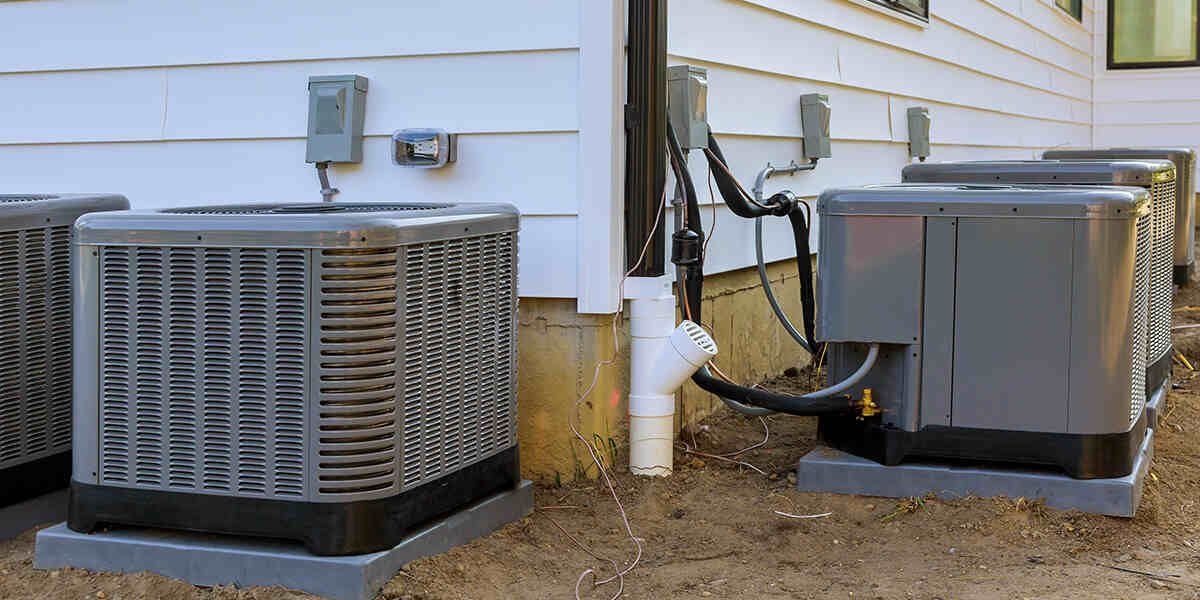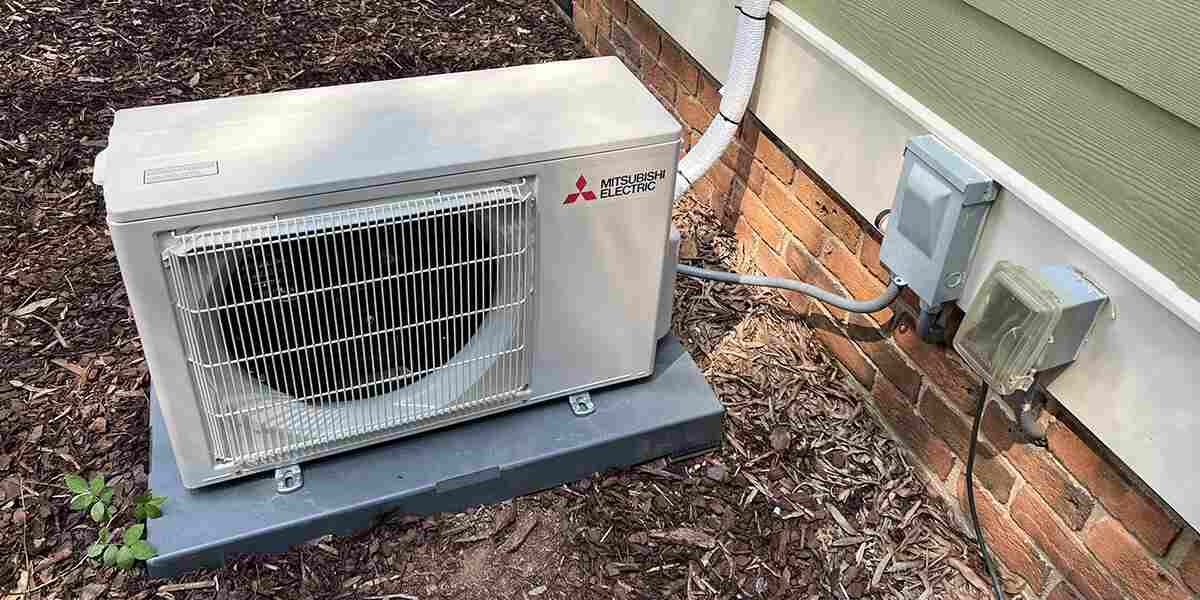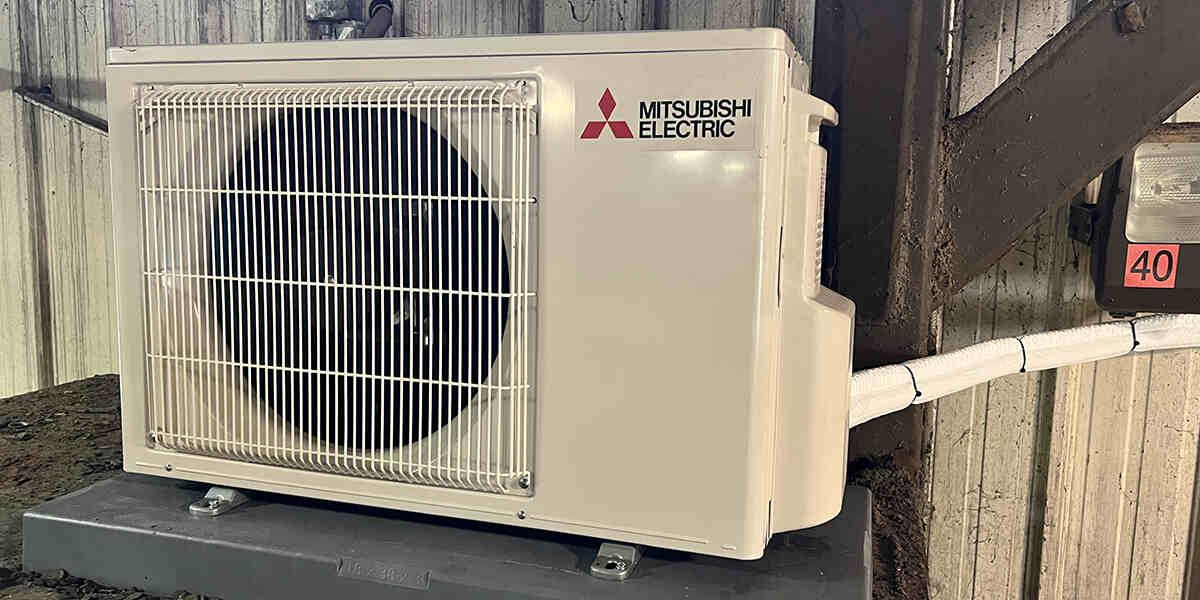Heat Pump Vs. Air Conditioner: Understanding the Differences
When you want to cool your home, you have more options than ever before. As heat pumps become increasingly popular, you might wonder if investing in a heat pump system is the right choice and what makes it different from traditional air conditioning.
Hickory Heating & Cooling, the top-rated source for trusted AC installation in Hickory, NC, has the answers you’re looking for. Check out this short guide that explains the difference between a heat pump vs. an air conditioner and what you need to know to make the best decision.
What Is a Heat Pump?
Heat pumps heat and cool your home by moving air and heat in and out of your property. During the cooling season, the units pull heat from indoor spaces and pump it outside. In the winter, switching the reversing valve to heat allows the system to transfer heat from outdoors inside. When temperatures drop to extreme lows (i.e., below 30 degrees), a heat pump turns on auxiliary heat to warm your home.
What Is Air Conditioning?
The biggest consideration when comparing a heat pump vs. an air conditioner is that an air conditioner only produces cold air, while a heat pump can heat and cool your home.
When it comes to cooling, both appliances work the exact same way. The unit pulls in warm air, where it flows over coils containing compressed refrigerant and evaporates the moisture and heat. Blowers move the cooled air into the ductwork and throughout your home.
Considerations When Choosing a Cooling System
Both heat pumps and air conditioners have their pros and cons. When you’re trying to decide between them, consider the following points.
Energy Efficiency
Heat pumps are generally more energy efficient than air conditioners because they use less electricity. They also use less energy than other heat sources, although that efficiency declines somewhat when the auxiliary heat kicks on.
Both air conditioners and heat pumps have EmergyStar-certified options. Overall, heat pumps have a higher seasonal energy efficiency ratio (SEER) than air conditioners, but in general, the higher the SEER rating, the more efficient the unit.
Climate
In North Carolina, reliable air conditioning is a must-have on sweltering summer days, and either a heat pump or air conditioner will adequately cool your home. Because winters here are mild, homeowners don’t need to run a heat pump system as much or worry about auxiliary heating. The limitations on how well a heat pump heats in freezing temperatures are more of a concern in colder climates.
Lifespan
If longevity is a concern when looking at a heat pump vs. an air conditioner, the latter has a slight advantage. Because most air conditioners only run for part of the year, they have an average lifespan of about 15 to 20 years. In comparison, heat pumps typically last about 15 years with proper maintenance.
Cost
At first glance, heat pumps are significantly more expensive than air conditioners, with the average system coming in with a price tag of almost twice that of a central air conditioner. However, several factors influence the cost of a heat pump, including:
- Type of system. Air-source heat pumps, which transfer heat, are much less costly than ground-source or geothermal heat pumps, which capture heat from the earth.
- Additional heating sources. If you invest in central air conditioning, you will also need a separate heating system, which can double the cost.
- Incentives. Many homeowners qualify for incentives and rebates that can defray the cost of a heat pump; these programs are not available for air conditioners.
- Installation. Both heat pumps and air conditioners require professional installation.
Ductwork
Both heat pumps and air conditioners have ductless options, which is attractive if you don’t want the expense or hassles of installing ductwork. Split systems have indoor and outdoor units; the outdoor compressor connects to one or more wall-mounted units inside the home. These are ideal for heating and cooling home additions, garages, and sheds.
Get Help From the Experts at Hickory Heating & Cooling
Ultimately, the choice between a heat pump and an air conditioner comes down to your individual climate control needs, budget, and the available space in your home. Call the experts of Hickory Heating & Cooling at (828) 439-0790 to learn more about a heat pump vs. an air conditioner and get help designing the perfect heating and cooling system for your Hickory area home. We’ll help you choose the right heat pump or air conditioner size and provide expert installation to keep your family comfortable for years.
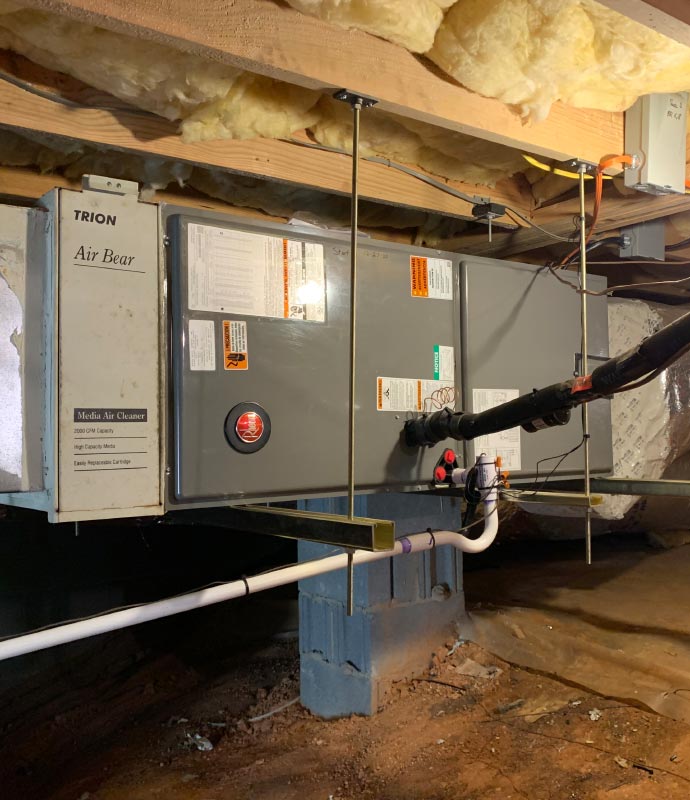
Contact Information
Address: 1529 16th St NE Hickory NC 28601
Phone: (828) 679-1067
Business Hours:
Mon - Fri: 08:00 AM to 05:00 PM
Sat-Sun: Closed
Emergency After Hours Service Available
All Rights Reserved | Hickory Heating and Cooling LLC
